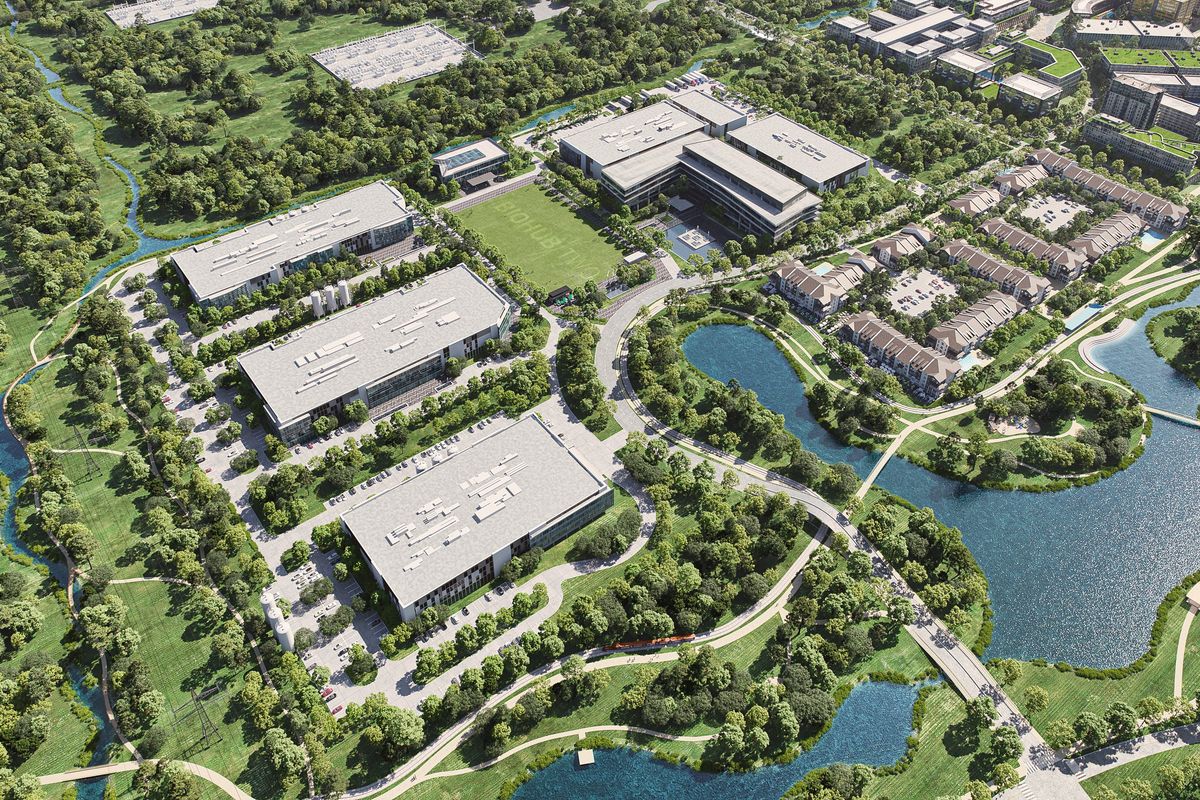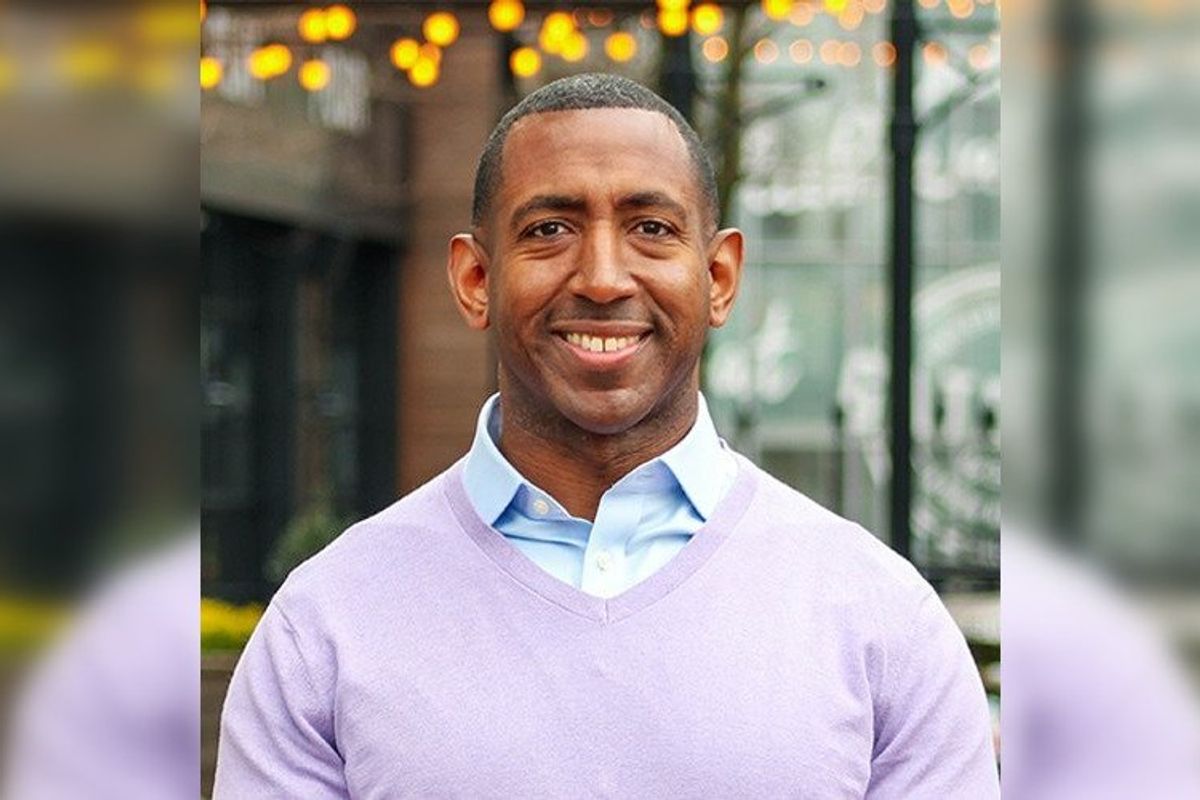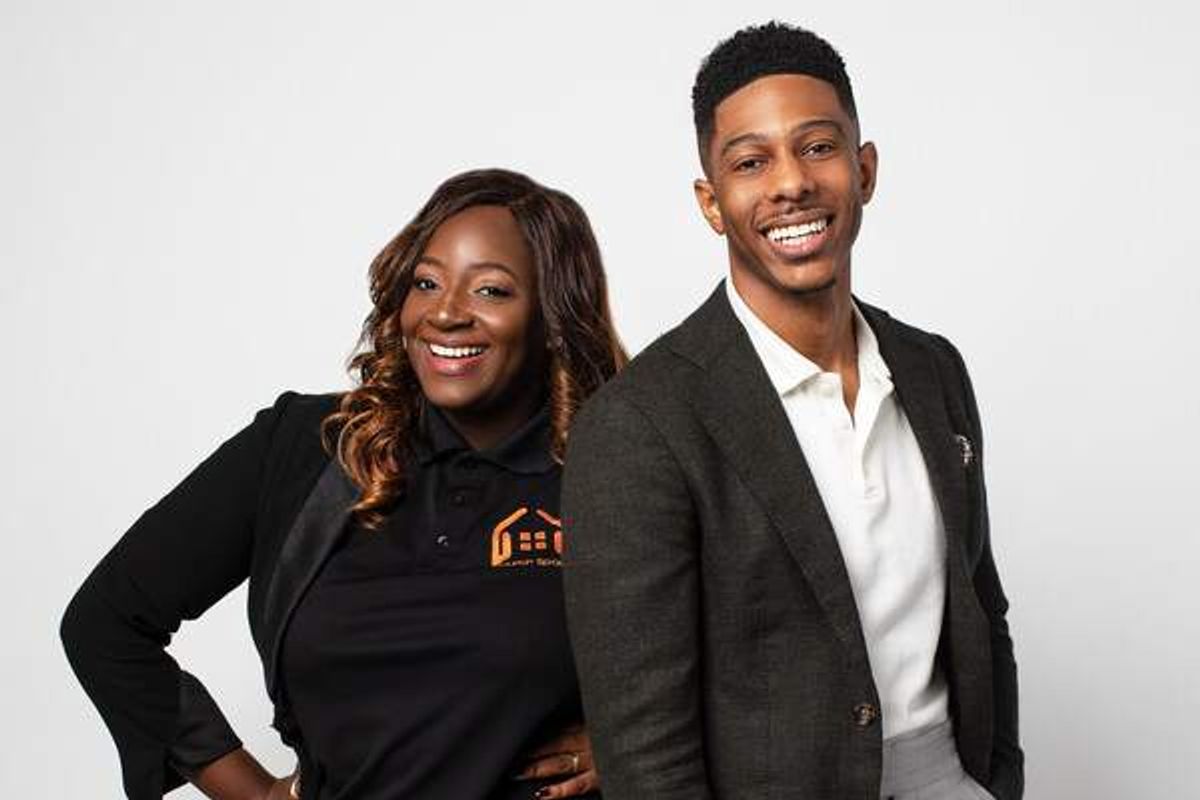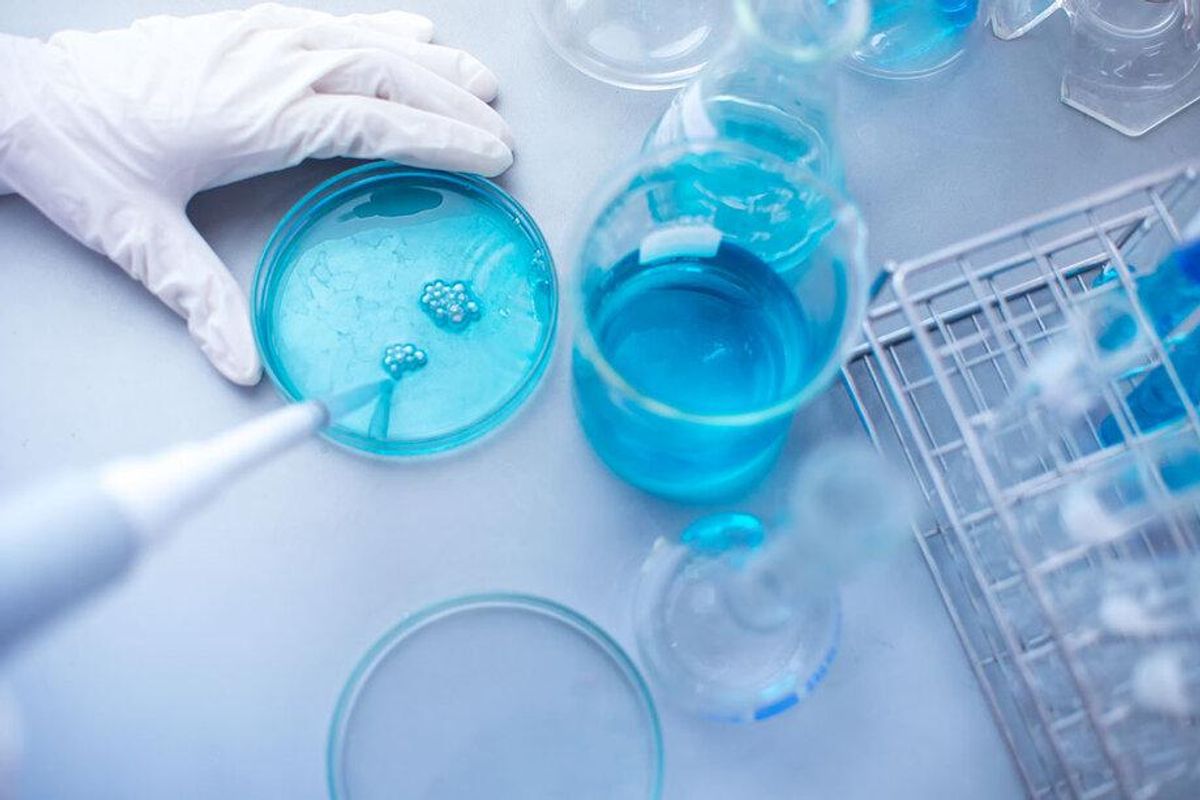Editor's note: The tech event scene is heating up in August. From insightful talks to a young professionals summit, here's what not to miss and how to register. Please note: this article may be updated to include additional event listings.
Aug. 5 – Tech and Tequila Talk
Hear from guest speaker David Cohen, founder & CEO of Dallas-based Superposition, at the latest installment of Tech and Tequila Talk. The event will focus on breaking down ambiguity in data and AI projects through collaborative workshops.
This event takes place Tuesday, Aug. 5, from 5-7 p.m. at the Ion. Click here to register.
Aug. 11-16 – Black is Tech Week
Black is Tech Week will bring events for tech professionals, entrepreneurs and students to Houston through summits, career fairs, networking events and more. The event will feature speakers from Amazon, Microsoft, Google and many other companies.
This event begins Monday, Aug. 1. Find more information here.
Aug. 12 – NASA Stories at the Ion
Head to the Ion for the new morning series spotlighting the human side of space exploration. Each session will feature personal and powerful stories from astronauts and key NASA personnel. Anthony Vareha, NASA Flight Director and Flight Operations Directorate, whose primary duty is the safe operation of the International Space Station will speak this month.
This event begins Tuesday, Aug. 12, from 8:30-10 a.m. Find more information here.
Aug. 14 – Pickle Lab’s One-Year Anniversary Celebration
Enjoy an afternoon of open-play pickleball, beats by a live DJ, raffle giveaways and free swag at the first anniversary celebration of Pickle Lab in the Ion District. WonderPops will provide complimentary pops while supplies last, and Second Draught will serve each guest a free beverage.
This event takes place Thursday, Aug. 14, from 4-7 p.m. RSVP here.
Aug 19 – Navigating the Economy: Insights from Darren King
Darren King, chief investment officer of Moody Bank, will share his expert insights on the state of the economy and its impact on Houston’s future. Gain a deeper understanding of market trends, economic shifts and what they mean for businesses and individuals in the city.
This event takes place Tuesday, Aug. 19, from 11:30-1 p.m. RSVP here.
Aug. 21 – Transition on Tap
Greentown Labs’ signature networking event returns in August to foster conversations and connections within Houston's climate and energy transition ecosystem. Entrepreneurs, investors, students, philanthropists and more are invited to attend, meet colleagues, discuss solutions and engage with the growing community.
This event takes place Thursday, Aug. 21, at 5:30 p.m. at Greentown Labs. Click here to register.
Aug. 22 – Determined to Lead Women Lunch: Investing Through Market Cycles with Ellen Wilkirson
EnergyTech Nexus hosts a monthly Determined to Lead Women’s Lunch as part of its ongoing efforts to create safe spaces for women leaders in the energy transition to connect, learn and lead. The August session features Ellen Wilkirson, principal at Rev Innovations. With deep experience across traditional and transition energy sectors, Wilkirson will share how she’s approached investing through multiple market and commodity cycles and what it means to be a clean energy investor in today’s evolving landscape.
This event takes place Friday, Aug. 22, at 1 p.m. Click here to register.
Aug. 26 – Software Day at the Ion: Positioning your Startup to Capitalize on Market Trends
Software Day is a monthly series driving the support, inspiration and connections needed to help startups on their path to rapid, sustainable growth. Each month, Software Day will include office hours (by application), a keynote session and networking. This month’s panel discussion will feature Remington Tonar, co-founder of Cart.com, and Josh Teekell, founder of SmartAC.com.
This event takes place Tuesday, Aug. 26, from 3:30-7 p.m. Click here to register.
Aug. 27 – Future of Flight: Inside Venus Aerospace with Founder Sassie Duggleby
Join EO Houston for an exclusive, behind-the-scenes conversation with Sassie Duggleby, co-founder and CEO of Venus Aerospace, a Houston-based company pioneering breakthrough propulsion systems for hypersonic and space applications.
This event takes place Wednesday, Aug. 27, at 10 a.m. at Venus Aerospace. It is open to EO members and partners only. Click here to register.
Aug. 27 – The Future of American Science: A Conversation With US Rep. Brian Babin
U.S. Rep. Dr. Brian Babin and Paul Cherukuri, vice president of innovation at Rice University, will discuss how the United States remains at the forefront of space exploration, emerging technologies and scientific advancement, as well as what's next and what's at stake for the future of science policy.
This event takes place Wednesday, Aug. 27, from 3-4 p.m. at James A. Baker III Hall on Rice University's campus. Click here to register.
Aug. 28 – HYPE Summit
The third annual Houston Young Professionals and Entrepreneurs (HYPE) Summit is a day-long conference featuring panel discussions with business and thought leaders, workshop-style breakout sessions and networking opportunities. This year's event—under the theme Step Into the Spotlight—will feature speakers from First Bight Ventures, Bot Auto, Regions Bank, Lopez Negrete Communications and Umbrage.
This event takes place Thursday, Aug. 28, from 8:30 a.m.-5:30 p.m. at The Hobby Center for the Performing Arts. Click here to register.

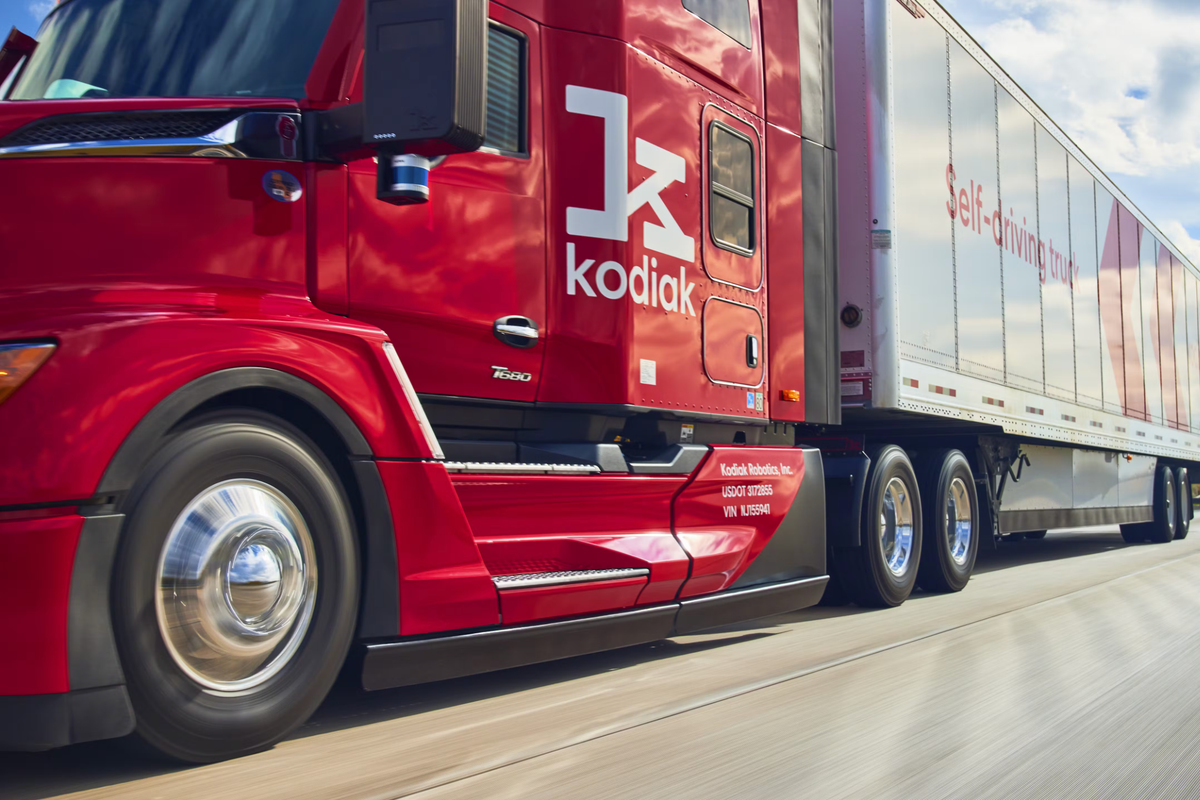
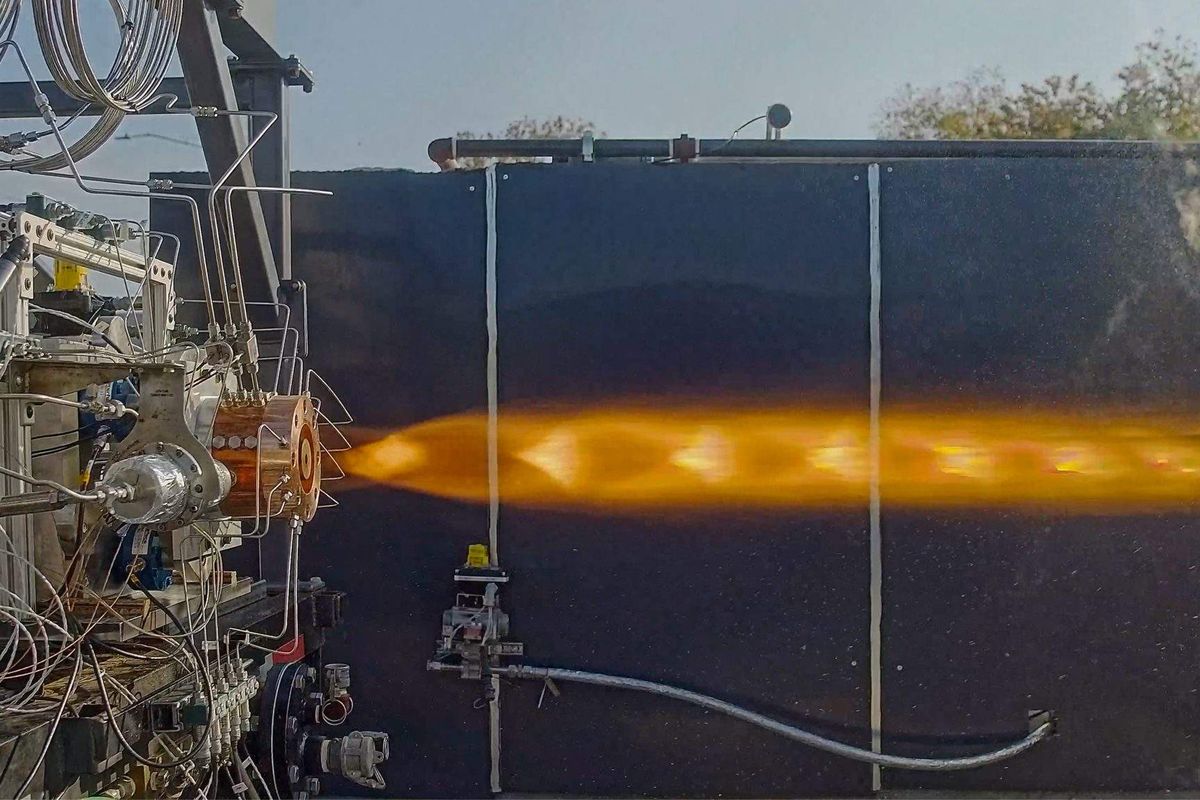


 2025 Houston Innovation Awards winners revealed at annual eventThe 2025 Houston Innovation Awards winners have been revealed. Courtesy photo
2025 Houston Innovation Awards winners revealed at annual eventThe 2025 Houston Innovation Awards winners have been revealed. Courtesy photo